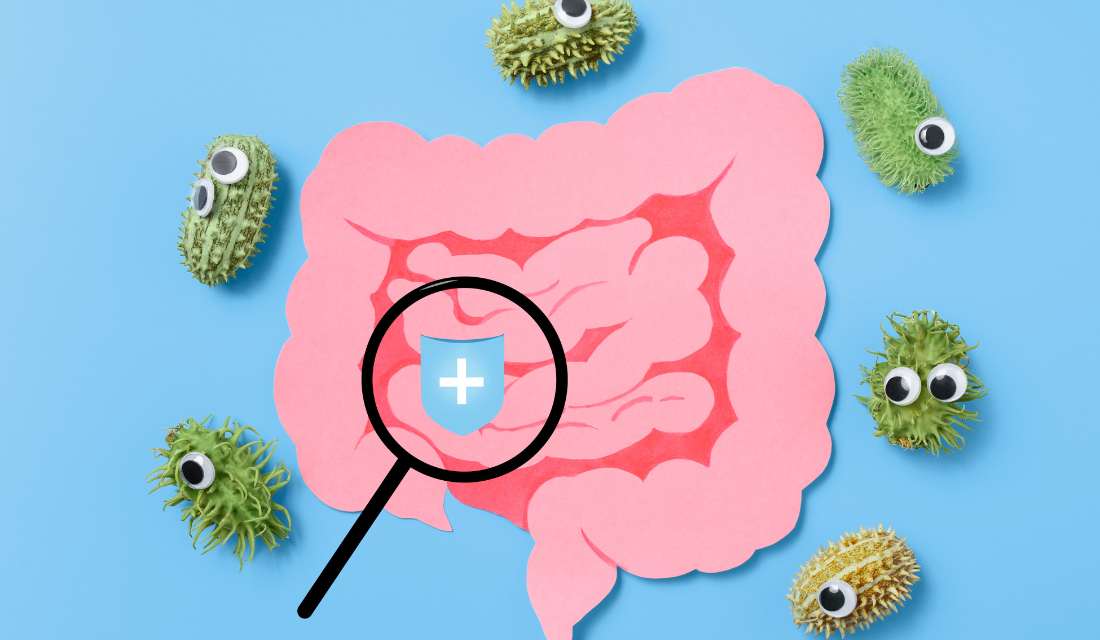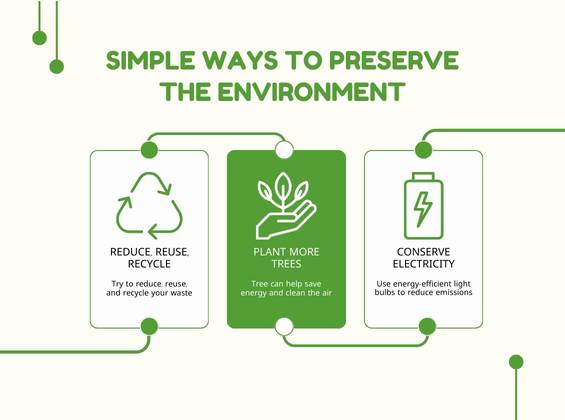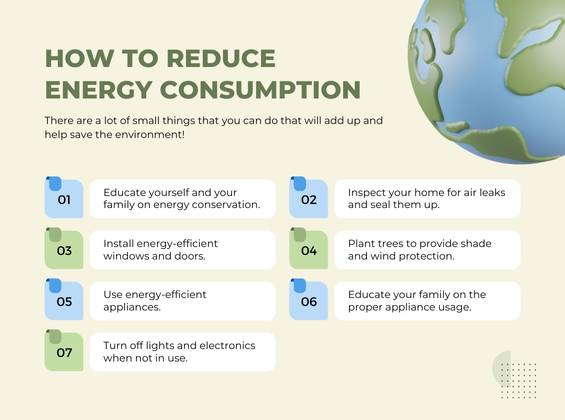
Air Pollution and its Connection with Digestive Health
Incident 1:
8-year old Nisha felt a severe stomach in the middle of her class in school. Her teacher called her parents, who took her to the nearby clinic.
That day the levels of air pollution were high, and Nisha had a history of gut disease related to air pollution
When she fell ill for the first time, her doctor said, “Several digestive system disorders have been linked to air pollution, including irritable bowel syndrome, Crohn's disease, and ulcerative colitis. Studies have shown that people who live in areas with high levels of air pollution are more likely to suffer from these conditions.”
He also added, “Symptoms of digestive system disorders include abdominal pain, diarrhoea, constipation, and bloating. Digestive system disorders can be severe and life-threatening if not treated properly.”
Nisha’s parents realized that her symptoms were similar. However, this time Nisha was fine, and it was no severe matter as her reports came out normal.
Just before leaving, the doctor said a few things to remember: when the air pollution index is high, stay indoors and wear a mask if you must go out. Consult your doctor if the problem starts increasing. Keep the environment clean. For adult patients, they should quit drinking and smoking.
Incident 2:
“Hey, your father is a doctor, right? Can you please confirm the symptoms of gastrointestinal disorders from him on the phone? My little brother is sick.” Riya asked her classmate Rani.
Rani calls her father and asks him the same question.
His father replies, “The first symptoms of problems in the digestive system include bloating, constipation, diarrhoea, heartburn, incontinence, bleeding, nausea and vomiting, and abdominal pain. If someone is experiencing such symptoms, they should see a doctor.”
Rani tells her father that air pollution is not suitable for Riya’s brother since birth. Can it be the cause behind his problems?
“Associations have been found between air pollution and diseases of the digestive tract, including irritable bowel syndrome, inflammatory bowel disease (IBD), appendicitis, and intestinal infections in infants.” his father replied.
Rani turns on the speaker so that Riya can listen too.
Rani’s father adds,” Air pollution particles can disrupt the barrier by making the gut more permeable to bacteria and possibly by changing the composition of bacteria. Pollution particles make the gut more permeable. Various studies have found that upon ingesting particulate matter, there was an increase in small intestinal permeability accompanied by an inflammatory response.”
Rani hung up and asked Riya to visit a hospital where everything went well.



Leave A Comment
Your email address will not be published. Required fields are marked.